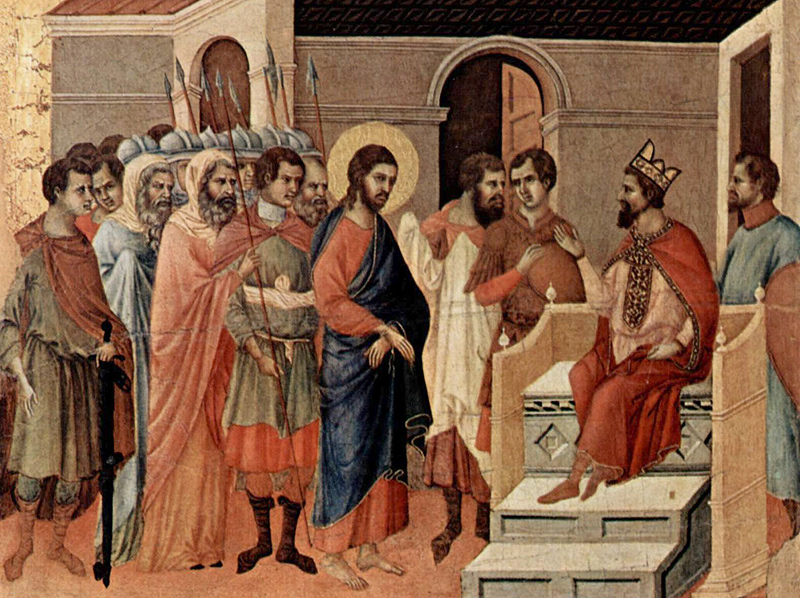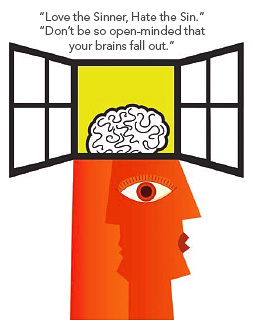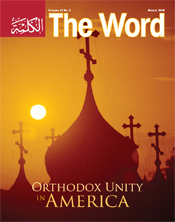 by Trevor Thomas –
by Trevor Thomas –
True followers of Christ tell the truth with courage, conviction, and love. They also peacefully, but strongly, stand up to the lies of liberalism, Islam, and the like. This is precisely why such Christians are found to be so ‘offensive.’
When Jesus stood before Pilate, just prior to going to His execution, Pilate asked Him, “Are you the King of the Jews?” After some discussion, Pilate concluded, “You are a king, then!” Jesus replied, “You are right in saying that I am a king. In fact, for this reason I was born, and for this reason I came into the world, to testify to the truth. Everyone on the side of truth listens to me.”
Sounding much like a modern-day graduate of Harvard’s divinity school, or the Dean for Religious Life at Stanford University (who both probably have about the same regard for Christ as did Pilate), Pilate concluded his exchange with Jesus by asking, “What is truth?” And just as one would expect from someone so blind to the truth, Pilate and the crowd sent the most innocent man the world has ever known to his excruciating death. [Read more…]

 by Rdr. Daniel Manzuk –
by Rdr. Daniel Manzuk – by Danny Lemieux –
by Danny Lemieux – by Archbishop Charles Chaput –
by Archbishop Charles Chaput – by Editors –
by Editors – by Texas Orthodox Priests –
by Texas Orthodox Priests – by Anthony Esolen –
by Anthony Esolen – by Russell Kirk –
by Russell Kirk – by Mike Willis –
by Mike Willis –